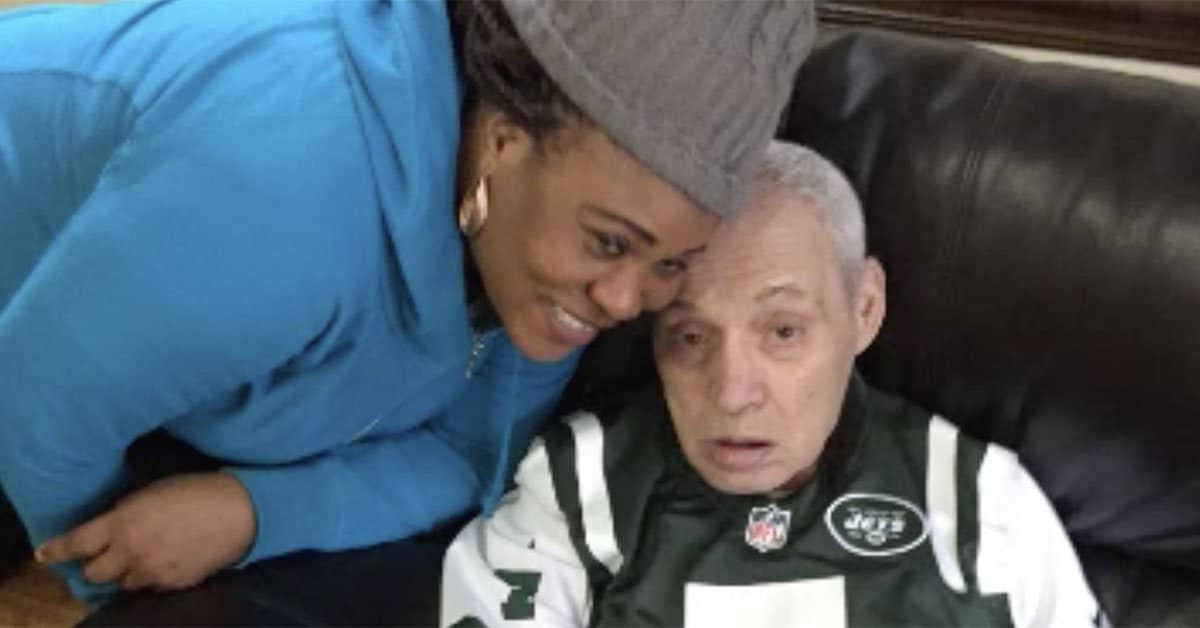Direct Support Professionals (DSPs) work directly with intellectually or developmentally disabled people. Their task is to assist their clients, enabling them to live their lives to the fullest. They act as a bridge between a client with a disability and the community, strengthening both in the process.
But the role of a DSP is no longer just that of a caregiver. Over the years, the profession has shifted towards teaching, support, and mentorship. People with intellectual and developmental disabilities don’t always need to be looked after; they often benefit more from learning how to look after themselves. With the assistance of a DSP, people with disabilities can blossom, becoming independent, sociable, and confident in their abilities.
Knowing this, it’s clear that DSPs are indispensable assets to the disabled community. They are primarily supporters, although they may also specialize as clinicians, personal administrators, and social coordinators. They effectively do it all. For their clients, this can mean everything from assistance with bathing and dressing in the morning to helping them access education and entering the workforce.
The Unsung Heroes
DSPs are the unsung heroes of the healthcare community. They provide essential services for thousands of people with disabilities every single day. They are frontline healthcare workers, the same as doctors and nurses, yet they often go overlooked.
It’s high time for everyone to recognize the good work done by direct support professionals. Like so many of our other frontline workers, they deserve our praise and gratitude.
The Breaking Point
With COVID-19 taking an unprecedented toll across the board, everyone is bearing down, trying to make ends meet. This is proving to have especially serious consequences for DSPs and the disabled community. Under the extreme financial strain, many service providers are being forced to impose care rationing. Service providers are being stretched too thin. They are overworked and underpaid.
In short, there simply aren’t enough DSPs to go around. The industry was already struggling before the pandemic; the turnover rate was high, leaving vacancies that desperately needed filling. It was near unsustainable. Now, the industry has reached dire new levels of systemic strain, and disabled folks are suffering as a result. Beyond that, there just aren’t enough medical supplies to go around. DSPs work in close contact with their clients, leaving both clients and workers vulnerable to the spread of illness.
Even if scores of unemployed people flock to the DSP field, the necessary skills can’t be taught in a few days or weeks. It takes months and even years to become a trained and qualified DSP, as they are often called upon to perform tasks like tube-feeding and administering medication.
The Bottom Line
Ultimately, while Governor Cuomo has done so much to strengthen New York’s healthcare system and unite its workers, there is more yet to do. If we take the time to learn more about DSPs and what they do, we’ll be better able to serve them in return. Human service professionals everywhere need your support now, more than ever.
If you are looking for a way to be part of the solution, reach out today to learn more about what you can do to support our DSPs.

































































